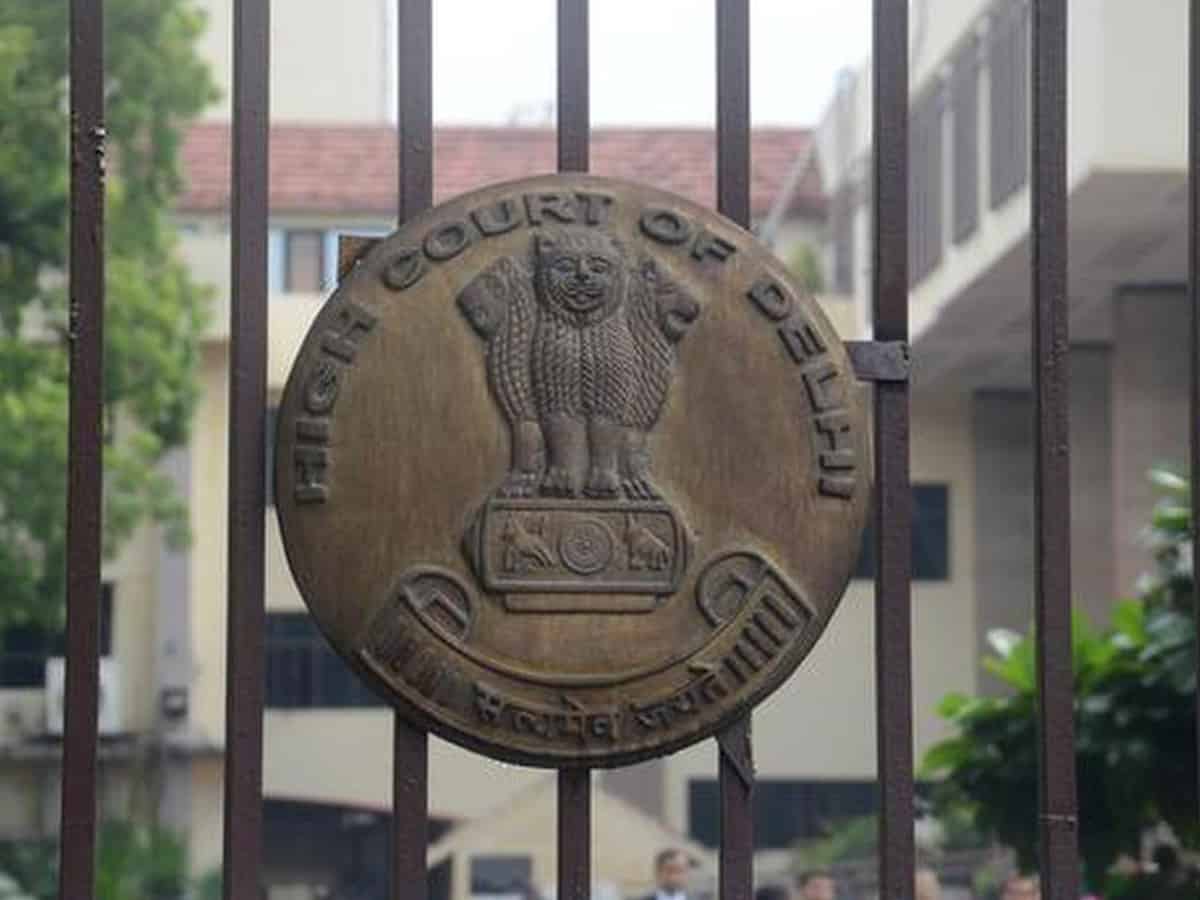
New Delhi: Delhi Development Authority (DDA) cannot evict encroachers from their residence with a bulldozer at their doorstep early in the morning or late in the evening and render them completely shelter-less without any notice, the Delhi High Court has said.
Justice Subramonium Prasad, while dealing with a petition concerning the demolishment of several jhuggi jhopris in the Shakarpur area, said that DDA has to act in consultation with the Delhi Urban Shelter Improvement Board (DUSIB) and a reasonable period has to be given to such persons and temporary location has to be provided to them before embarking on any demolition activities.
The action of DDA in removing a person, whom they claim to be an encroacher, overnight from his residence, also cannot be accepted. The DDA has to act in consultation with the DUSIB before embarking upon any such venture and persons cannot be evicted with a bulldozer at their doorstep early in the morning or late in the evening, without any notice, rendering them completely shelter-less.
“A reasonable period has to be given to such persons and a temporary location has to be provided to them before embarking on any demolition activities, said the court in its order dated August 2.
Referring to an earlier judgement passed by the high court, the judge noted that it is not uncommon to find a jhuggi dweller, with the bulldozer at the doorstep, desperately trying to save whatever precious little belongings and documents they have, which could perhaps testify to the fact that the jhuggi dweller resided at that place .
Noting that DUSIB normally does not conduct demolition drives at the end of the academic year and the monsoons, the court said that it expected DDA to follow similar norms.
The petitioner Shakarpur Slum Union said that the residents were migrants from Bihar, Uttar Pradesh, and West Bengal and were mainly labourers, rag pickers, rickshaw pullers, auto drivers, and domestic workers and claimed that the DDA ought to have followed the Delhi Slum and JJ Rehabilitation and Relocation Policy, 2015 to rehabilitate and relocate the residents.
In the present case, the court however refused to direct a survey to be carried out in the area to determine the notified JJ clusters which would be entitled to the relief under the policy and disposed of the petition with a direction to the DDA to carry out further demolition only in consultation with the DUSIB.
The material on record in the present case, the court said, did not show that the jhuggi was in existence prior to 2006 and was thus covered by the rehabilitation policy.
It however does not mean that an unidentified cluster would not be entitled to rehabilitation, the court added.
The court thus directed the DDA to give sufficient time to the dwellers to make alternate arrangements or take steps to accommodate the dwellers in the shelters provided by the DUSIB for three months.
Parameters were laid down as to who would be entitled to the benefit of the DUSIB Policy. The judgement of this Court in Ajay Maken (which held that identified clusters are not illegal encroachment) cannot be interpreted to mean clusters not identified by the DUSIB would be entitled to rehabilitation, the court said.

